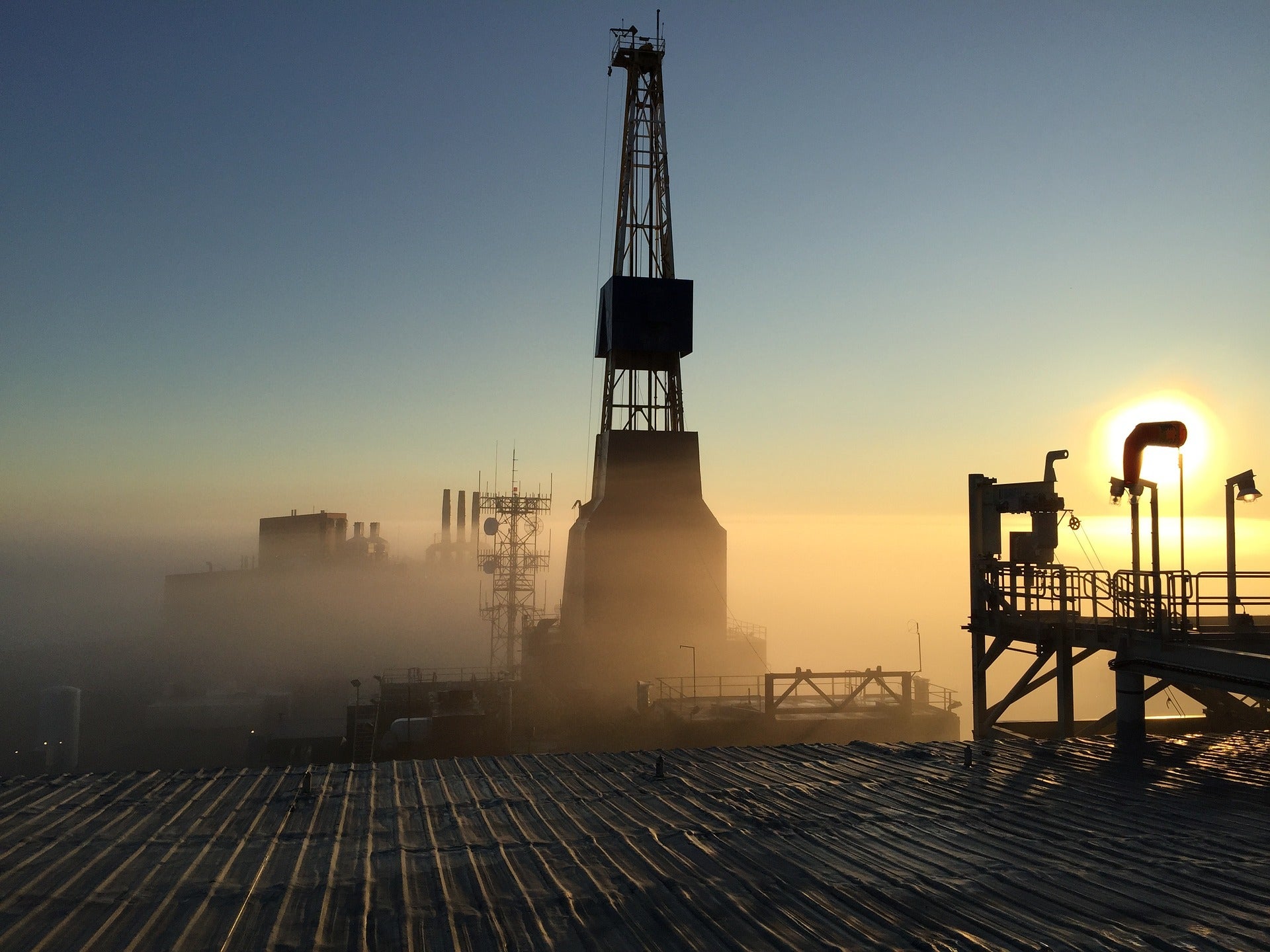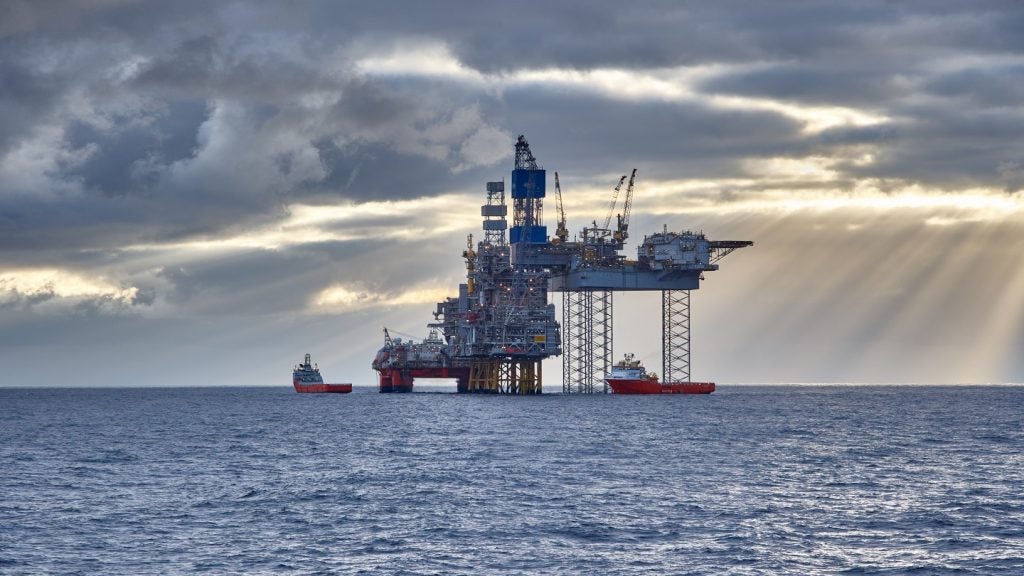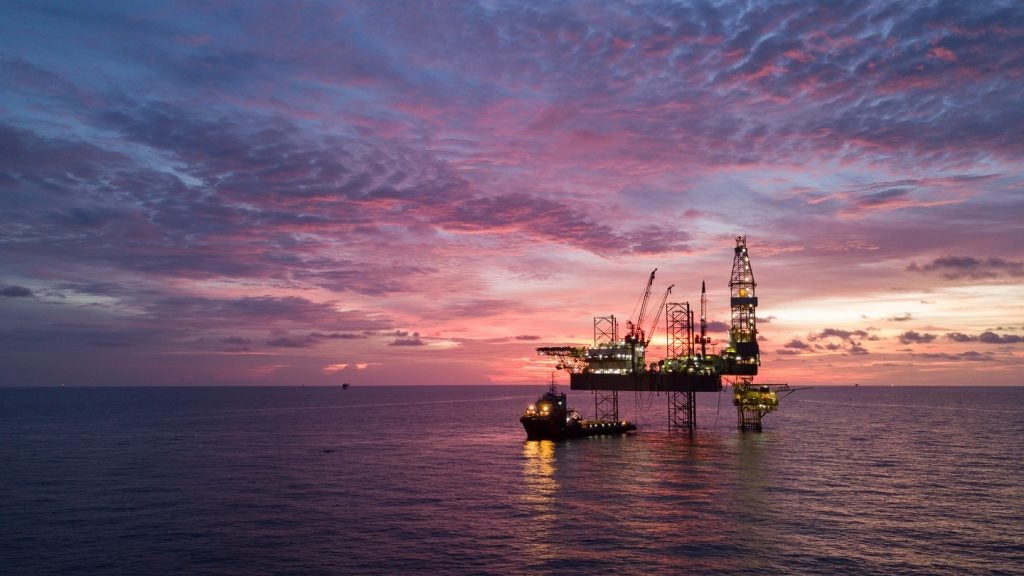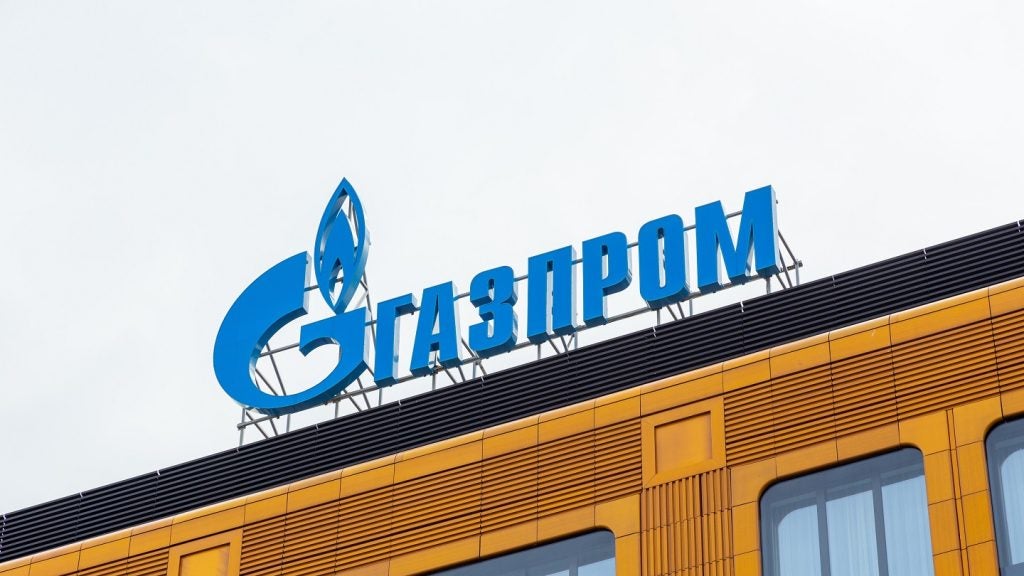
Russian firm Lukoil and Gazprom Neft have agreed to implement oil recovery enhancement projects.
Under the agreement, the two firms will jointly work on improving chemical methods for the recovery of the enhanced oil.
Lukoil said in a statement: “It will lay the foundation for best practices exchange and collaboration in lab research, as well as for studies of surface-active agents and production stimulation chemicals.”
By joining their efforts, the partners are planning to develop national production of chemical agents and equipment required to manufacture surfactant-polymer and polymer solutions that support oil recovery enhancement.
Moreover, the two Russian energy companies will test and introduce new chemical compounds during the development of mature reserves in their oil and gas fields.
Recently, Gazprom Neft signed an agreement with the Republic of Tatarstan to develop oil and gas projects, and on cooperating in developing enhanced oil recovery (EOR) technologies.
How well do you really know your competitors?
Access the most comprehensive Company Profiles on the market, powered by GlobalData. Save hours of research. Gain competitive edge.

Thank you!
Your download email will arrive shortly
Not ready to buy yet? Download a free sample
We are confident about the unique quality of our Company Profiles. However, we want you to make the most beneficial decision for your business, so we offer a free sample that you can download by submitting the below form
By GlobalDataThe parties will jointly develop high-tech oil equipment as well as launch technological test sites in the Volga Federal District and Western Siberia to support R&D activities.
Additionally, the firms will cooperate in geological subsoil investigations; develop the petroleum-products supply system; hydrocarbon production and refining, among others.
Last month, Lukoil and Gazprom Neft agreed to develop a key hydrocarbon oil and gas cluster in the Yamal-Nenets Autonomous District.
Located in the Nadym-Pur-Tazovsky area, the cluster includes two Zapadno-Yubileiny license blocks as well as the Meretoyakhinskoye, Tazovskoye, and Severo-Samburgskoye fields.
According to estimates, the total reserves initially in place at the new cluster stands at more than a billion tonnes of oil and about 500 billion cubic metres (bcm) of gas.
The Tazovskoye oil and gas condensate field, which started production earlier this year, will be at the heart of the new production area.






